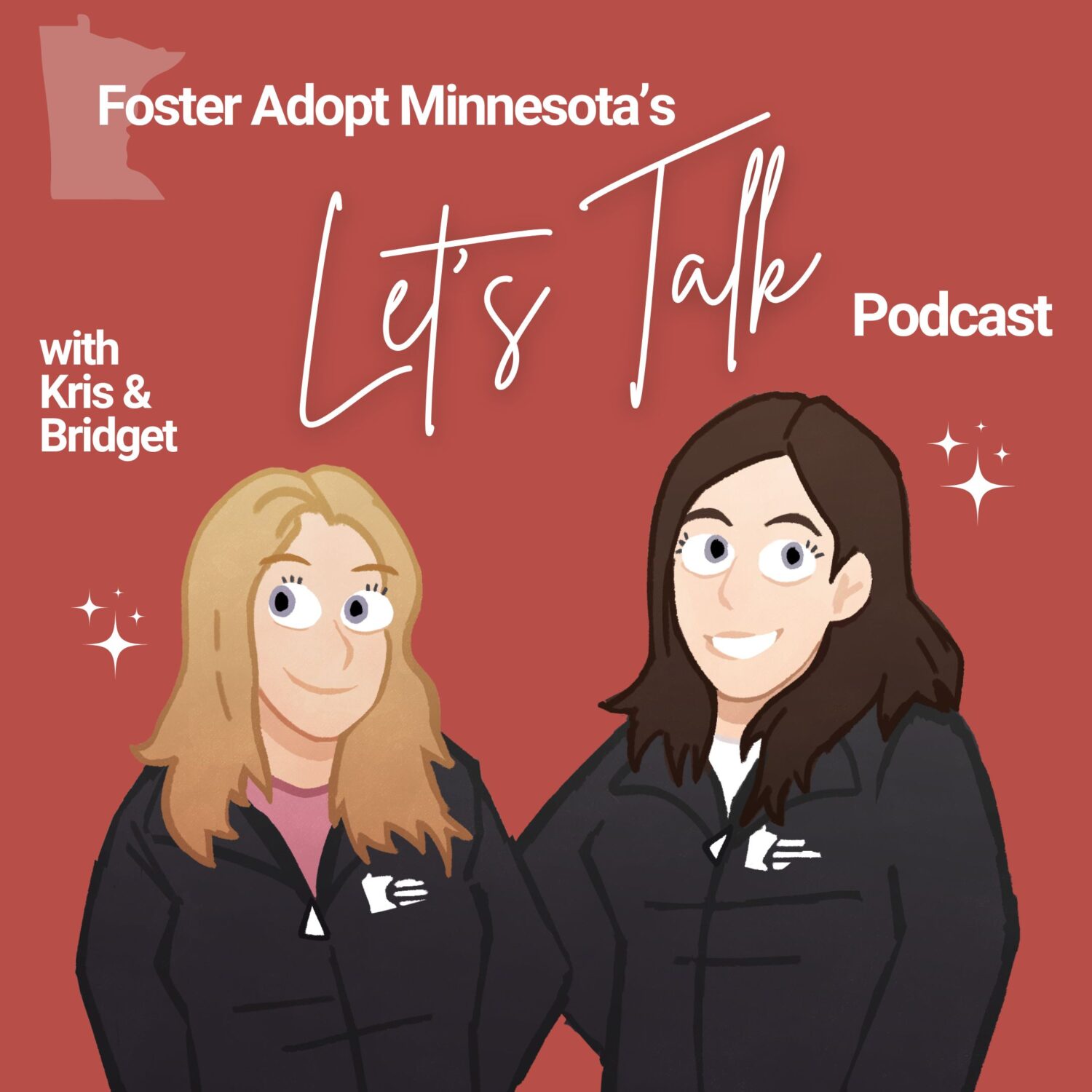Acknowledging and Grieving Losses Within the Black Community
During a month in which we honor the Black community and raise awareness of their history and the adversities generations of Black Americans have had to navigate —we would be remiss to not acknowledge the heartbreaking realities their community has had to face in this country for decades, and especially in recent years.
Jahmari Rice.
Amir Locke.
Deshaun Hill.
These are the names of three Black lives lost to senseless acts of violence in Minnesota, just within the past few weeks. Jahmari and Deshaun were teenagers in high school.
They, along with others in the Black community whose lives have been taken far too soon, should all be alive today. Yet here we are, as we have countless times throughout the years—saying their names as we mourn their deaths and hold their loved ones in our hearts.
Parents are not supposed to outlive their children, yet this has been the devastating reality for far too many—especially parents of Black and Brown children. Too many lives have been lost to senseless acts of violence in Minnesota and across the country, and the impact of these losses have been deeply felt throughout our communities. These losses have shaken the Black community to its core and has left their entire community in a constant state of grief from which they have had little reprieve.
Though issues of race, racism, and racialized violence have become highly politicized throughout the years, it is important to understand that these are not political issues—these are issues of humanity.
Whether or not you are parenting BIPOC* children, it is important to talk with them about race, racism, and incidents of racialized violence. For parents of BIPOC children and teens, mindfully engaging in these conversations may potentially help them feel more secure in talking with you about racism and discrimination they may have already encountered or will encounter in the future. For parents of children and teens who do not identify as people of color, these conversations can help them learn how to support and be good allies for their BIPOC peers.
*BIPOC stands for Black, Indigenous and People of Color. This term acknowledges anti-Blackness and Native invisibility and the profound impact systemic racism has had on communities of color—especially Black and Indigenous communities.
Included below are resources to help your family mindfully and meaningfully engage in these discussions with your child or teen.
- MN ADOPT’s On Race/Racism Resource List – Resources on Race, Racism, and Racialized Violence
- PBS – Talking to Young Children About Race and Racism
- Child Mind Institute – Talking to Kids about Racism and Violence
- EmbraceRace – Supporting Kids through Racialized Violence
- Learning for Justice – Beyond the Golden Rule
- Center of Racial Justice in Education – Resource List
- Common Sense Media – Books About Racism and Social JusticePenn Graduate School of Education – Talking to children after racial incidentsEmbraceRace – What is the “The Talk” White Parents Should Have with White Children?Get Home Safely: Ten Rules for Survival – Youtube Video


